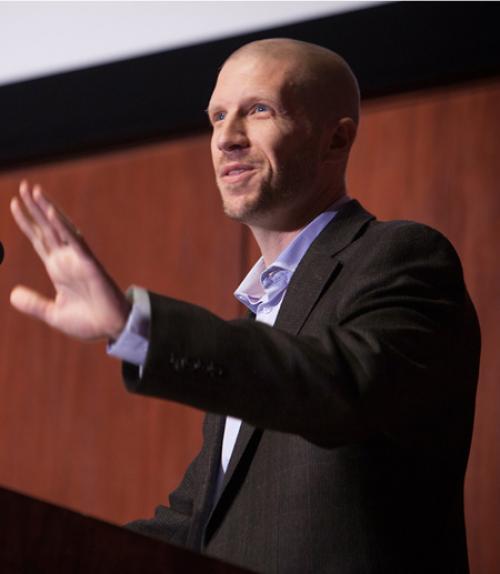
 Department Homepage
The College of Arts & Sciences
Department Homepage
The College of Arts & Sciences
Big data on political and economic will
Massive data now help us understand the effects of mass incarceration, how money controls what politicians say, and what influences political agendas.




